World War One (primary sources)
Where can I find primary sources for World War One?
(Years 7-10)
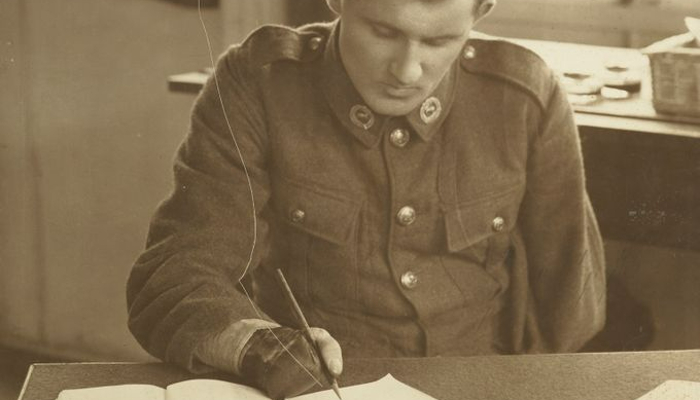
Image: WW1 soldier Allan McMillan writing at a desk at Oatlands Park, Surrey, England by [unknown]. Collection: Te Papa.
Entry last updated: 10/07/25
Introduction
People who lived during World War One and soon after left behind lots of diaries, photos, letters, manuscripts, and other such documents that recorded events, people and places of that time. These first-hand accounts are called primary sources. They can also include media like film footage, audio recordings and newspapers, and objects or artefacts (eg paintings, tools, or clothing).
World War One keywords
When searching for primary sources it's good to put together a list of search words or keywords to help you search. These words are usually the important words in your questions such as the names of people, places, and groups. You can also try different terms or spellings of words.
Here are some World War One words we've put together.
World War One: The Great War, The World War, The European War, First World War.
Battles: Somme, Gallipoli, Messines.
People: David Lloyd George, Kaiser Wilhelm II.
Groups: Allied powers, Central powers, Māori Contingent, New Zealand Tunnelling Company, ANZAC.
Other words: trenches, air raid, home front, war effort, Allied powers, Central powers, mustard gas, Victoria's Cross.
New Zealand sites
Here are some excellent websites that have primary sources by New Zealanders or about New Zealand's involvement in World War One.
DigitalNZ is a search site that focuses on New Zealand history and brings together results from online resources from New Zealand libraries, museums, universities and government sites all at once.
Use different keywords to search the site and limit results by Date to 1910.
Using a general term like 'war' will bring up lots of results.
Remember you can use more specific words like the name of a person or place.
Results are grouped by type of information eg images, videos, newspapers, music scores, and manuscripts.
For example, we searched for 'kaiser' and looked at images to find this cartoon called Fed up.
Tips: Search words, or keywords, are the most important words in our question. Usually it's better to leave out small words like the, a and of and just choose the main ones, eg Somme. We can always change our keywords or add more if we need to.
This organisation has digitised lots of primary sources relating to World War One.
Use the drop-down menus at the top of the page to search the Website by Keyword for 'World War 1'.
Go to the page First World War 1914 to 1918.
Under the heading, First World War resources choose World War 1: 1914-1918.
This link will lead you to many World War One primary sources, including letters, diaries, postcards, portraits, shipboard magazines, and information about conscientious objectors.
Tips: Writing from around 100 years ago can be difficult read - take it slowly, and look out for letters and words you can recognise and compare them with ones you're not so sure about.
This website is great for newspaper articles published in New Zealand about World War One.
Choose Newspapers and you will have the option to search by title, region or date.
You can also search for keywords eg 'war' or a topic you are interested in eg Gallipoli.
Then you can narrow down the dates.
We tried a search for 'war' between the years 1914 to 1918, and selected Articles under the heading Content types and got lots of newspaper articles.
Tips: Sometimes the only thing displayed in the results will be a headline with the word 'war' in it. In this case, you can view the whole page in its original form. Choose 'Text' and find the link to 'View the full page'.
New Zealand Electronic Text Collection
This website has been created by Victoria University in Wellington. If you are looking for more detailed written sources, published not long after the war by people who were there, this website has a collection of digitised books about World War One.
Under Browse Collection find New Zealand History.
Then choose the link to New Zealand World War I History.
Choose a book to read eg The New Zealand Division 1916-1919 or The Māoris in the Great War.
Tips: We like sites like this because they’re reliable. You can tell because of their web address – they have .ac, meaning they are from an educational organisation. They’re also a New Zealand site, so relevant for us.
General websites
There are many good websites that have primary source material (like letters, diaries, and photos) from World War One. Here are some of our favourite sites. Remember diaries and letters show how one person sees the war.
This website is a useful starting point. It has lots of full text documents and links to other online resources. It also has diaries of different nationalities that have been transcribed — meaning that they have been typed and are easier to read than handwriting!
Choose something to read.
Tips: A website’s address (URL) can give you a hint about how reliable it is. Look for addresses in the results that include .gov or .edu in the URL. These are quality sites from overseas government or educational organisations.
British Library - European studies blog
This blog from the British Library has stories that share items from their collections online.
Look down the page for a box with the heading Tags.
Choose the tag World War One or Propaganda.
All posts with that tag will be shown.
Tips: We like this site because the British Library is one of the world's great libraries, and all their World War One articles are written by experts. You can read about their qualifications at the end of each article.
This British museum was founded in 1917 and is one of the best museums in the world about war and conflict.
Go to Objects & History.
Then Find An Object.
Search for 'New Zealand Army' or 'ANZAC' to find New Zealand items.
Use other filters to limit results by period, type of object, themes, keywords and associated events, people or places.
For example, we searched for 'New Zealand' for the related period First World War and object category Uniforms and insignia to find this Lemon Squeezer hat.
World History (Gale In Context)
This is one of the EPIC databases — a collection of reliable databases covering lots of different topics. It’s put together especially for New Zealand school students and helps to answer questions like this. This site provides an overview of World War One as well as primary sources.
Go to Browse Topics.
Then go to World War I.
Because results are grouped by type, choose Primary Sources.
Tips: To use the EPIC resources, you need a password from your school librarian. Or chat with one of our AnyQuestions librarians to help you online. Some EPIC databases may also be available through your public library.
Books
There have been many books written about World War One - check out your local public or school library to see what they have.
Some suggested titles are:
The Western Front in World War I by Paul Dowswell
Dear Jelly: family letters from the First World War by Sarah Ridley
Brothers at war: a First World War family history by Sarah Ridley & Eliza Ridley-Johnson
The First World War by Gary Sheffield & Imperial War Museum.
SCIS no: 1832725
Topics covered
Related content
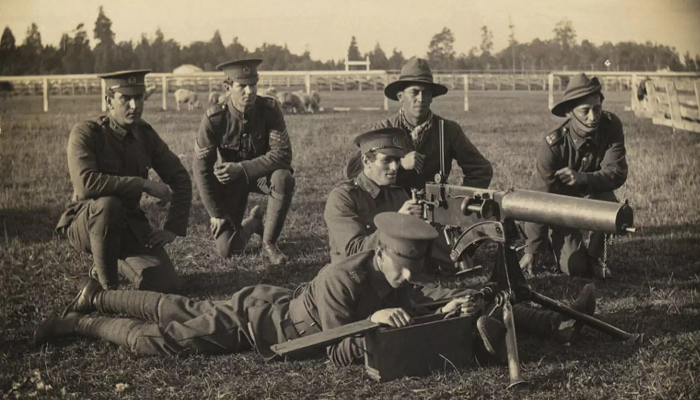
World War One (junior)
Where can I find information about World War One?
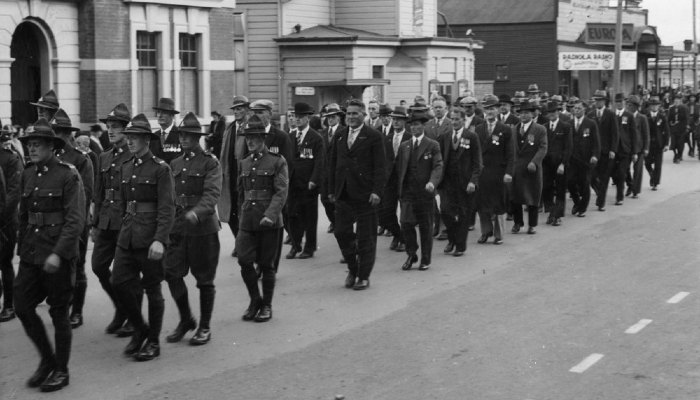
Anzac
Where can I find information about the ANZACs and Anzac Day?

World War One
Where can I find information about World War One?
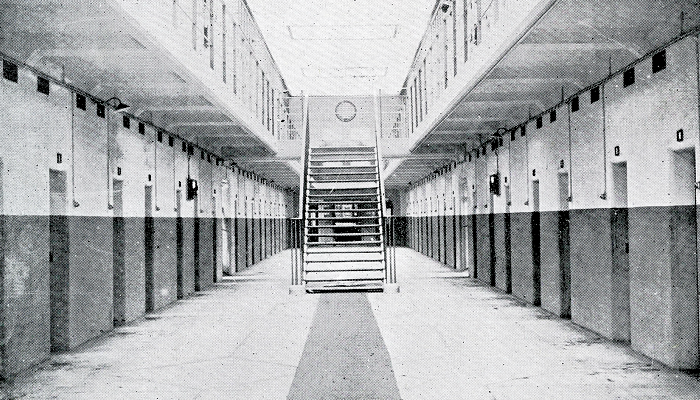
Conscientious objectors
Where can I find information about conscientious objectors?
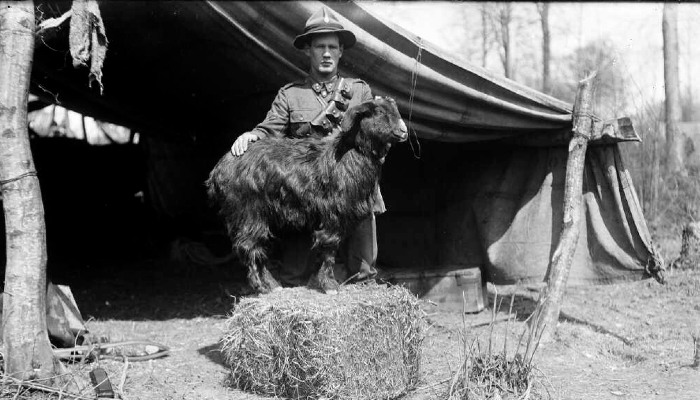
World War One (animals)
Where can I find information about the animals used in World War One?
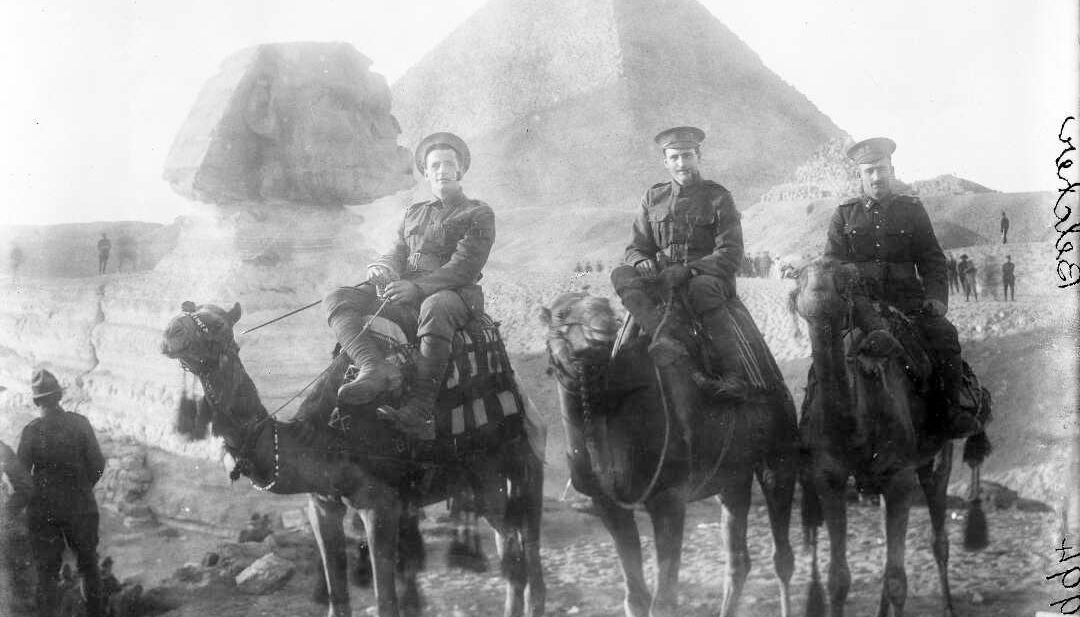
WW1 battles and campaigns
Where can I find information about the main battles and campaigns of World War One?
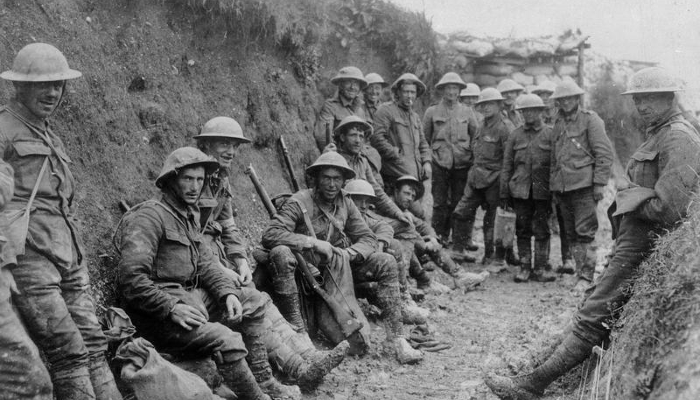
World War One (experiences of war)
Where can I find information about experiences of war during World War One?
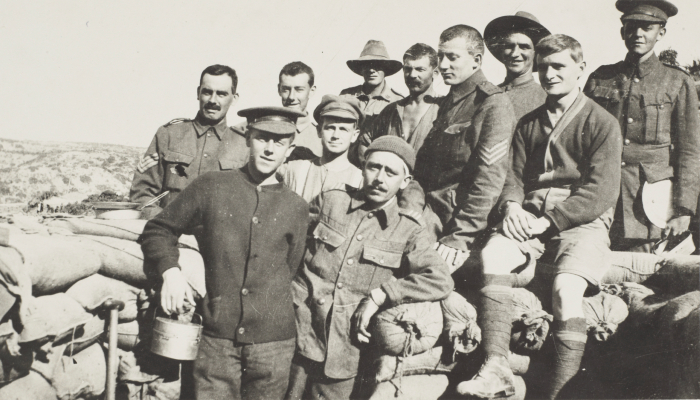
World War One (daily life)
Where can I find information about daily life during World War One?
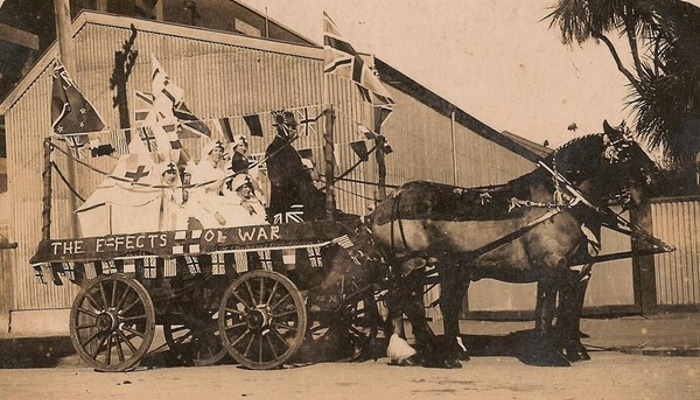
World War One (New Zealand involvement)
Where can I find information about New Zealand's involvement in World War One?
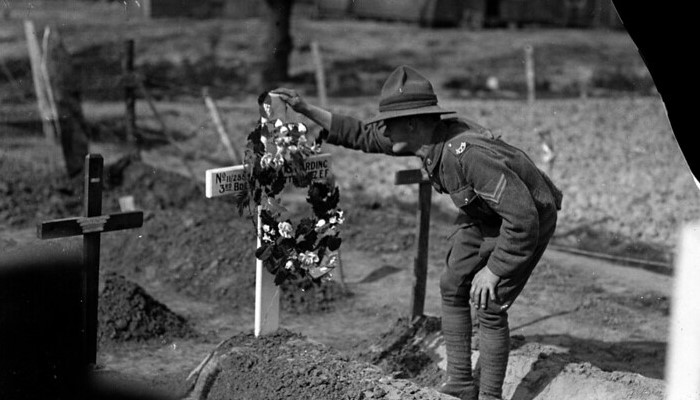
World War One (causes and impacts)
Where can I find information about the causes and impacts of World War One?
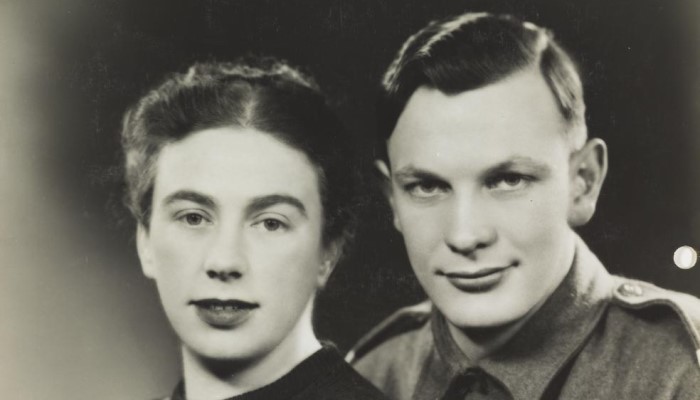
People of Southland
Where can I find information about the local histories of Southland | Murihiku | Te Taurapa o Te Waka?
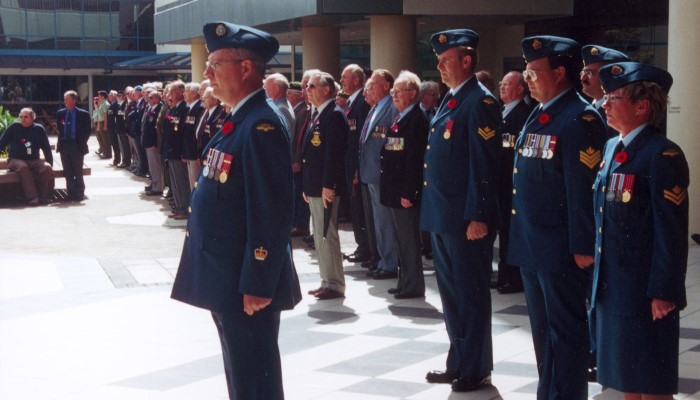
Changing views on conflict
Where can I find information about the local histories of Auckland | Tāmaki Makaurau?
